Description
Nephrectomy is the surgical removal of a kidney. This procedure is typically performed to treat kidney diseases, such as kidney cancer, severe kidney damage, or to remove a healthy kidney for donation. Here’s a detailed overview:
Types of Nephrectomy
- Partial Nephrectomy: Only the diseased or damaged part of the kidney is removed. This can be done through:
- Open Surgery: A larger incision is made to access the kidney.
- Laparoscopic/Robotic Surgery: Small incisions are made, and a camera and instruments are used to perform the surgery.
- Radical Nephrectomy: The entire kidney is removed, often along with surrounding tissues, such as the adrenal gland and part of the ureter. This can also be done through open or laparoscopic/robotic surgery.
- Simple Nephrectomy: Only the kidney is removed without any surrounding tissues.
Familiarity with Treatment
Nephrectomy is a well-established procedure with a high success rate. It is commonly performed for kidney cancer, severe kidney damage, or to remove a healthy kidney for transplantation.
Procedure
- Preparation: Preoperative tests include blood tests, imaging studies (like CT scans or MRIs), and sometimes a biopsy.
- Surgery: Depending on the type of nephrectomy, the surgeon will make the necessary incisions, remove the kidney or part of it, and close the incisions.
- Partial Nephrectomy: The surgeon removes the diseased part of the kidney while preserving as much healthy tissue as possible.
- Radical Nephrectomy: The entire kidney and possibly surrounding tissues are removed.
- Simple Nephrectomy: Only the kidney is removed.
- Duration: The surgery typically lasts a few hours.
- Hospital Stay: Patients usually stay in the hospital for a few days post-surgery.
Who is it Suitable For?
- Patients with kidney cancer or tumors.
- Individuals with severe kidney damage or disease.
- Donors for kidney transplantation.
- Patients with recurrent kidney infections or non-functioning kidneys.
Who is it Not Suitable For?
- Patients with severe comorbid conditions that increase surgical risk.
- Individuals with only one functioning kidney (unless it’s for transplantation purposes).
Advantages
- Cancer Treatment: Effective in removing cancerous tissues.
- Pain Relief: Alleviates pain caused by kidney damage or disease.
- Improved Quality of Life: For patients with severe kidney issues, nephrectomy can significantly improve life quality.
- Life-Saving: In cases of kidney cancer or severe damage, nephrectomy can be life-saving.
Complications
- Infection: Risk of infection at the surgical site.
- Bleeding: Potential for significant blood loss during surgery.
- Injury to Surrounding Organs: Possible damage to nearby organs or tissues.
- Hernia: Risk of hernia at the incision site.
- Kidney Function: Reduced kidney function if the remaining kidney is not healthy.
Previous Care
- Consultation: Detailed discussion with a urologist or oncologist.
- Preoperative Tests: Blood tests, imaging studies, and sometimes a biopsy.
- Medication Management: Adjustments to current medications as needed.
Aftercare
- Hospital Stay: Typically a few days for monitoring and initial recovery.
- Pain Management: Use of prescribed pain relievers.
- Activity Restrictions: Avoid heavy lifting and strenuous activities for several weeks.
- Follow-Up: Regular check-ups to monitor recovery and kidney function.
- Diet and Hydration: Maintaining a healthy diet and staying hydrated to support kidney function.
Nephrectomy is a critical procedure for treating various kidney conditions and can significantly improve or save lives.
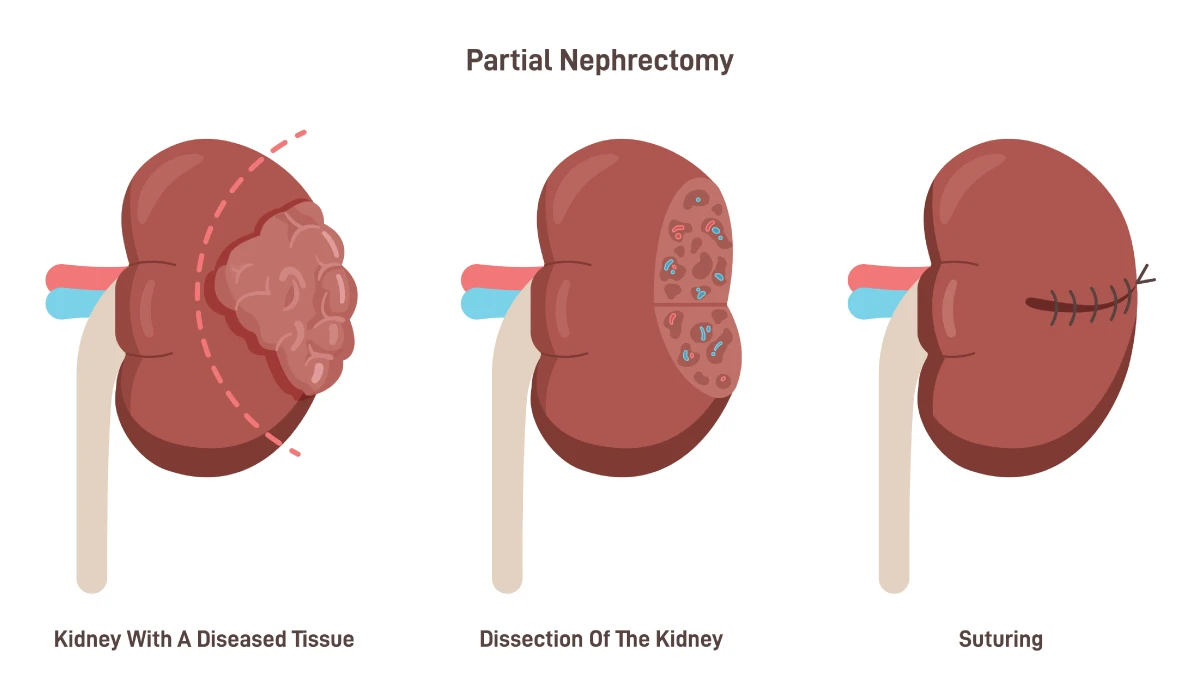
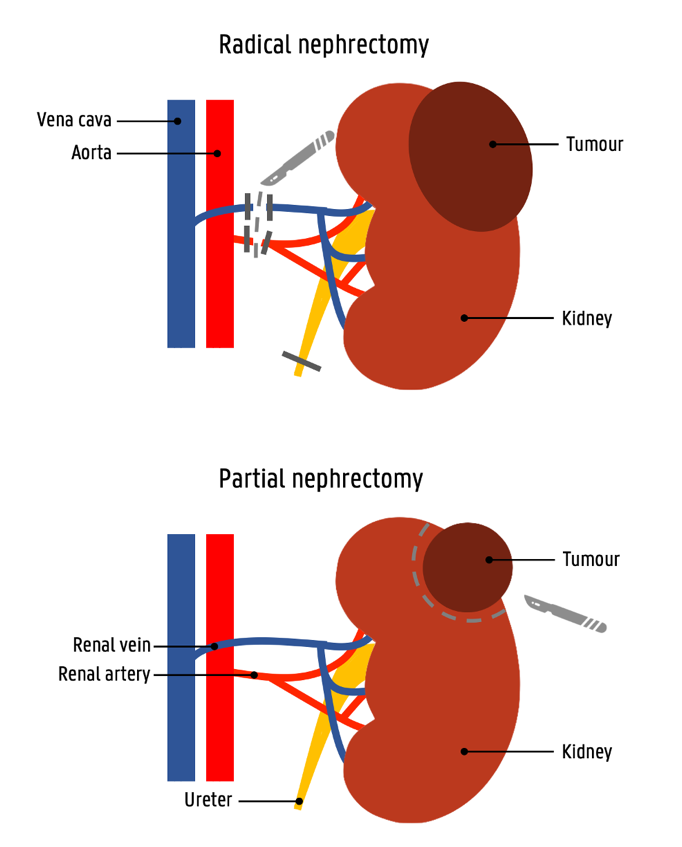
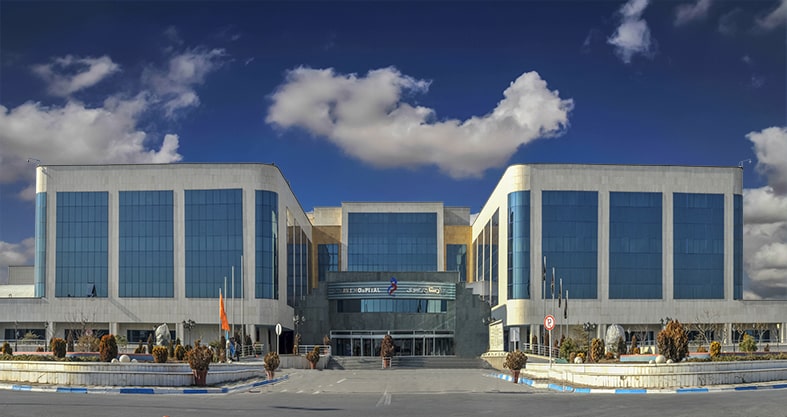

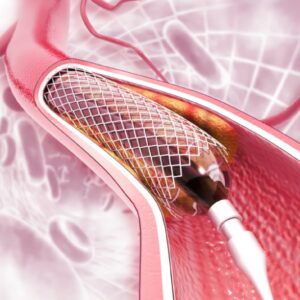


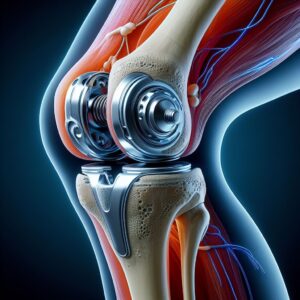
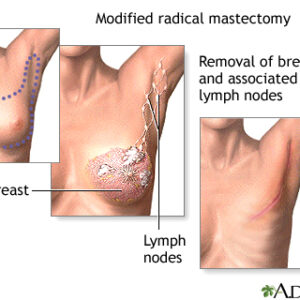
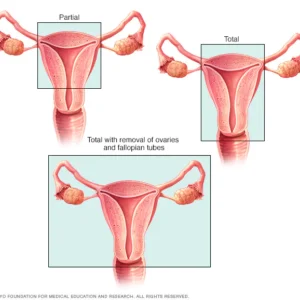
Reviews
There are no reviews yet.